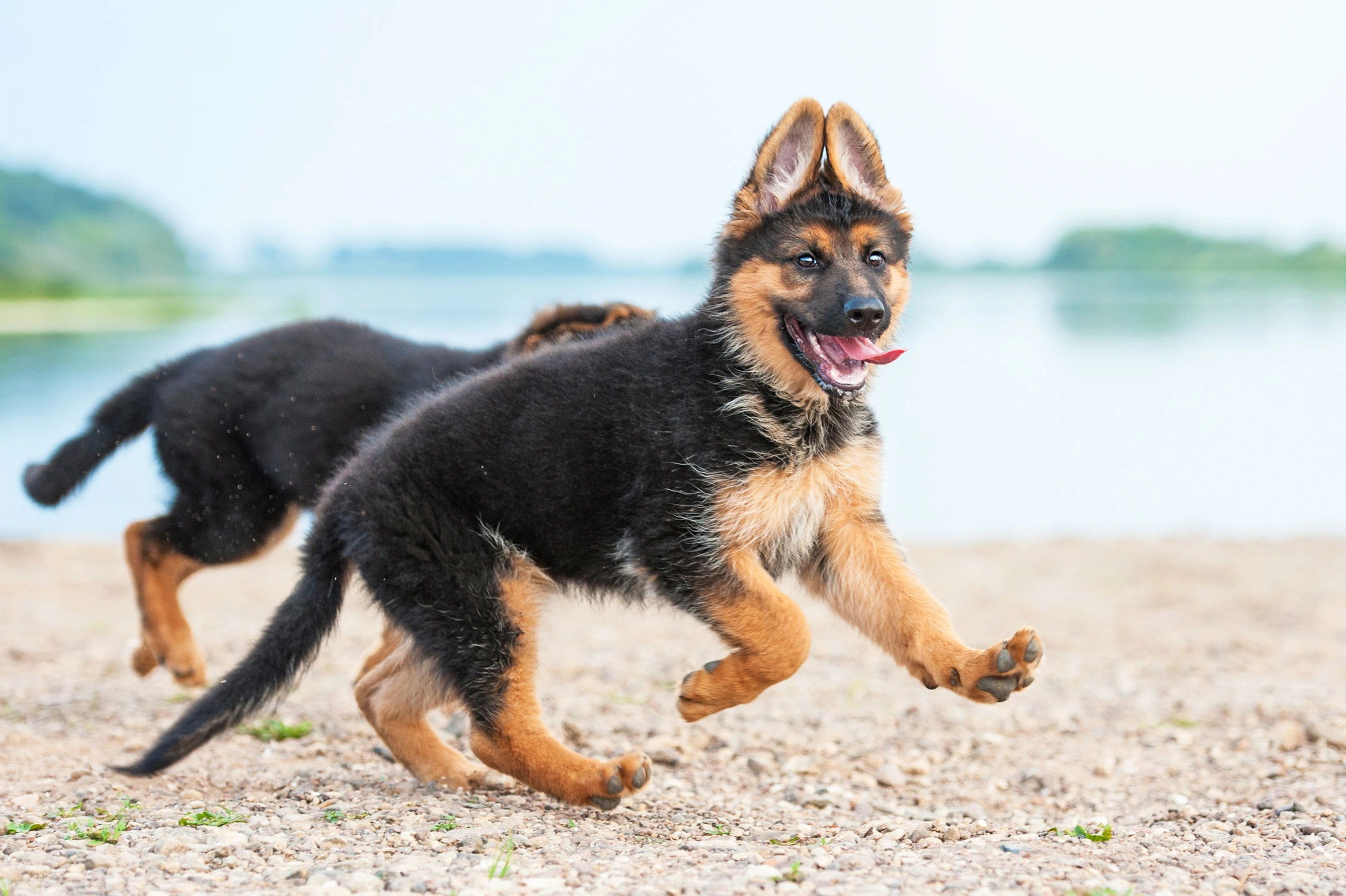German Shepherds are one of the most popular dog breeds worldwide, known for their intelligence, loyalty, and versatility. As a German Shepherd owner or prospective adopter, you might wonder about their growth patterns and when you can expect them to reach their full size. Understanding when German Shepherds stop growing is crucial for providing the right care and nutrition throughout their development. In this article, we'll explore the growth stages of German Shepherds, factors affecting their growth, and tips for ensuring a healthy growth process.
Growth Stages of German Shepherds
Like all dog breeds, German Shepherds go through various growth stages, each with distinct characteristics. Here’s a breakdown of these stages:
1. Puppy Stage (0-6 Months)
- Birth to 2 Weeks: At birth, German Shepherd puppies are tiny and rely entirely on their mother for nourishment. Their eyes and ears are closed, and they spend most of their time sleeping.
- 2 to 4 Weeks: During this period, puppies begin to open their eyes and ears, becoming more aware of their surroundings. They start to develop basic motor skills and socialization skills with their littermates.
- 4 to 6 Months: This is a rapid growth phase, where puppies can gain several pounds a week. They become more active and curious, exploring their environment and starting basic training.
2. Adolescent Stage (6-12 Months)
- 6 to 9 Months: During this stage, puppies continue to grow but may experience growth spurts. You may notice a shift in energy levels and behavior as they become more independent and may test boundaries.
- 9 to 12 Months: Growth begins to slow down, but they may still gain weight and muscle. Their adult teeth will come in, and they will become more stable in their behavior.
3. Young Adult Stage (1-2 Years)
- 12 to 18 Months: Most German Shepherds will have reached their adult height by this time, but they will continue to fill out and gain muscle mass. They might still exhibit some puppy-like behaviors but will start to mature emotionally.
- 18 to 24 Months: By the end of this stage, most German Shepherds will have reached their full size, but they may still grow in muscle and weight, becoming more defined in their appearance.
When Do German Shepherds Stop Growing?
Typically, German Shepherds will reach their full height by 12 months of age. However, their overall development continues for another year or so. Here's a more detailed breakdown:
- Height: Most German Shepherds will stop growing in height between 12 to 18 months. Males usually stand between 24 to 26 inches at the shoulder, while females are generally 22 to 24 inches.
- Weight: While height is usually achieved by the first year, weight gain can continue until they are about 2 years old. Adult males typically weigh between 65 to 90 pounds, and females range from 50 to 70 pounds.
Factors Affecting Growth
Several factors can influence the growth rate and final size of your German Shepherd:
1. Genetics
Genetics play a significant role in determining your dog's size and growth rate. If the parents were large, it’s likely that the puppies will be as well.
2. Nutrition
A balanced diet with the right amount of protein, fats, and carbohydrates is essential for healthy growth. Puppies require higher protein levels for muscle development, so it's important to feed them high-quality puppy food during their growth phase.
3. Health
Health issues can affect growth rates. Regular veterinary check-ups can help identify and manage any potential health concerns that may impact your dog's development.
4. Exercise
While exercise is essential for all dogs, it’s particularly important during the growth phase. Proper exercise helps develop muscles and maintain a healthy weight, but excessive exercise (especially high-impact activities) should be avoided to prevent injuries.
Tips for Supporting Healthy Growth
To help your German Shepherd grow into a healthy adult, consider the following tips:
1. Feed a Quality Diet
Choose high-quality puppy food specifically formulated for large breed puppies. Ensure that it contains adequate protein and is balanced in nutrients to support their growth.
2. Regular Vet Check-ups
Schedule regular check-ups with your veterinarian to monitor your puppy's growth and overall health. Your vet can provide guidance on nutrition, exercise, and vaccinations.
3. Socialization and Training
Socialize your puppy early with other dogs and people to promote good behavior and reduce anxiety. Basic obedience training can also be beneficial as they mature.
4. Controlled Exercise
Provide regular exercise but avoid high-impact activities until your dog is fully grown. Long walks, gentle play, and mental stimulation (like puzzle toys) are excellent ways to keep your puppy active without putting too much strain on their developing joints.
5. Monitor Growth
Keep track of your dog's weight and height to ensure they are growing at a healthy rate. Consult your vet if you notice any significant deviations from normal growth patterns.
Conclusion
In summary, German Shepherds typically stop growing in height by 12 to 18 months but continue to fill out and gain muscle mass until they are about 2 years old. Understanding their growth stages and ensuring proper nutrition, exercise, and regular veterinary care can help your German Shepherd develop into a healthy and well-adjusted adult dog. By following these guidelines, you can support your furry friend throughout their growth journey, ensuring a happy and fulfilling life together.


